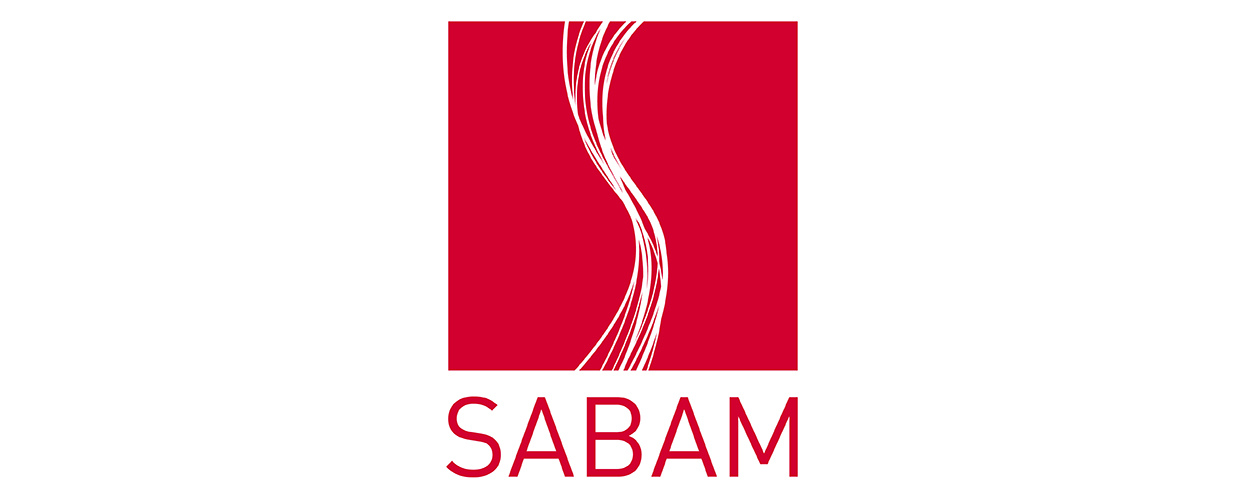This website uses cookies so that we can provide you with the best user experience possible. Cookie information is stored in your browser and performs functions such as recognising you when you return to our website and helping our team to understand which sections of the website you find most interesting and useful.
Business News Labels & Publishers Legal
PACE welcomes court ruling on the live music tariff of Belgian collecting society SABAM
By Chris Cooke | Published on Thursday 15 September 2022

UK-based PACE Rights Management has welcomed a recent ruling in the Belgian courts regarding a dispute over the rates charged and methodology employed by song rights collecting society SABAM in the live music domain.
The dispute between SABAM and concert promoters in Belgium began in 2017 when the society made changes to its live music tariff, increasing the rates it charges for the performance of its members’ songs at shows and festivals. However, the subsequent legal battle also put the spotlight on the methodology SABAM employs when calculating what it reckons it is due from any one show or festival.
Part of that relates to how SABAM calculates what percentage of the songs performed are works that it represents. Although a blanket licence provided by a collecting society like SABAM usually covers a vast repertoire of songs – including songs controlled by other societies around the world with which SABAM has reciprocal agreements – that doesn’t mean that licence covers every single song.
Some artists who perform their own songs at their shows choose to directly license those rights to the promoters of those shows, rather than relying on the collective licensing system. That involves the artist pulling those specific rights out of their collecting society while on tour, and companies like PACE assist with the management of that process and the subsequent direct licensing of the rights.
In addition to those artists employing direct licensing, some artists just operate outside the collective licensing system entirely for one reason or another. And with some genres – especially classical and folk – some of the music performed may be public domain, ie no longer protected by copyright.
With live music, the royalties received by collecting societies are often a percentage of box office revenues. But where not all the songs performed at a show are covered by the society’s licence, the society obviously needs a system in place to deal with that. Because promoters will likely be paying additional song royalties to artists who are direct licensing, and they want the fee charged by the society to take that into account.
In the dispute between SABAM and the promoters, the Belgian society was accused of having too imprecise a system when it comes to identifying and adjusting for songs it does not control. Currently it adjusts its fees based on whether, of the songs performed, up to a third, or a third to two thirds, or more than two thirds come from its repertoire. But the promoters argued that a much more precise system should be utilised.
PACE Rights Management got involved in this specific aspect of the dispute once the legal battle had moved onto the Belgian Court Of Appeal, And earlier this month that court – upholding the decision of the lower court – ruled that SABAM’s royalty rate increase and its methodology for administering live music royalties do not comply with the society’s obligations under copyright law.
Commenting on the ruling, PACE says: “The court ruled that the tariff was unlawful, in part because the methodology SABAM uses does not sufficiently identify and quantify the precise amount of its rights that were actually performed”.
“PACE believes that each rightsholder should have full transparency on the calculation of the licence fee for the usage of their individual rights”, it adds. “While being imprecise, SABAM’s overly complex tariff structure also necessitates an increased amount of administration, which in turn increases costs to rightsholders, and delays payment, while simultaneously providing them with insufficient transparency. None of this is in the best interests of rightsholders”.
Welcoming the ruling, PACE’s Paul Crockford says: “We are very happy with the court’s judgement. We felt it was important for PACE to intervene in this case, in order to give rightsholders – both writers and publishers – a much needed voice in the proceedings”.
Meanwhile the company’s Adam Elfin adds: “It’s regrettable that the management of SABAM decided to defend its unlawful tariff, and consequently wasted its members’ money, without fully consulting them about the tariff or whether to spend their money defending it. We hope that in future the management of SABAM will fully consult with its membership about such matters”.
As for what happens next in terms of SABAM’s live music tariff, Elfin goes on: “We now look forward to engaging with the relevant stakeholders, and working in a collaborative way to deliver a more efficient and transparent tariff structure for SABAM, and a better outcome for both rightsholders and promoters”.
As part of the proceedings in the Belgian appeals court, a 2020 ruling from the European Court Of Justice stemming from another dispute involving SABAM was also referenced. Noting that, PACE also adds that this case arguably creates a precedent in the EU, and, it says, “indicates that other [collecting society] tariff structures for music festivals in the EU may also be unlawful”.





